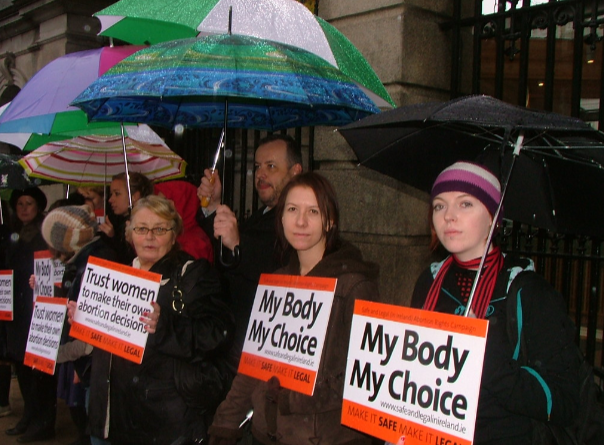|
All women are working women
There is a saying in Africa, ‘A woman’s day is never done’. When I led the ILO’s delegation to the Fourth World Conference on Women in Beijing twenty-five years ago, I saw that the saying applied to women in every other part of the world as well. It was an exciting time for those who were present – 30,000 of us, representing 189 nations. We were from different walks of life and faced different issues but all had a common vision. This was articulated in the subsequent Beijing Declaration and Platform for Action, which called for equal rights, freedom of opportunity for women everywhere, no matter what their circumstances.
Many of the delegates brought their children and babies to the conference. The babies wore tee-shirts with the message ‘I am a full-time job’. It was very funny but it was to make a point. That point was, and still is, that all women are working women and their work should be valued. Women do housework, care work, looking after children but none of this is reflected in the statistics. Outside of the home their work tends to be low paid and in segregated areas. I am an economist. We at the ILO were looking at how women’s work could be counted, because what is not counted is not valued.
Much of what we are seeing now as the militant work of women had its genesis in Beijing. Women found a bigger voice and the courage to speak out. Also, one important lesson that we learned was that women could support each other. So, the Declaration created a lot of excitement.
The situation for women has improved since then. We see laws on gender equality, maternity leave and equal opportunity. Since Beijing a number of countries embraced the concept of the girl child and several have adopted policies to ensure that girls go to school. At the University of Ghana, where I am Chancellor, there are more women students than men.
Since Beijing, women have had the courage to venture into areas formerly preserved for men. They are encouraged not to think that things are outside of their reach. In the workplace, legislation in many countries has made it easier for women to work.
However, while there has been progress in terms of laws in many parts of the world, it has not changed the mindset about how women are expected to behave and what their role is in society. If there was a flaw in Beijing, it was that the focus was on the policy makers rather than on changing attitudes. I see a lot of fine words and statements about gender equality but society has not moved on with them. Women still bear the largest share of care responsibilities. There is still a significant gender pay gap. My own fear is that the COVID-19 pandemic will reverse some of the gains that we have made over the last 25 years. I fear that the loss of jobs because of the crisis will ignite the ‘male breadwinner syndrome’, which may push women out of the workplace. We have to look deeply at how we can make permanent change.
Beijing was good. It gave impetus to a process of change but the pace has been too slow. What I have learnt is that as soon as you take your eye off the ball that there is a roll back.
I know that women in the world I grew up in did not have a voice. The truth is that at the high table we still do not have enough women. The policy makers are still mainly men. We need to woo enlightened men to back our quest for equality, because unless we make men champions for gender equality there will never be permanent change.
By Mary Chinery-Hesse, ILO’s first female Deputy Director-General
|



